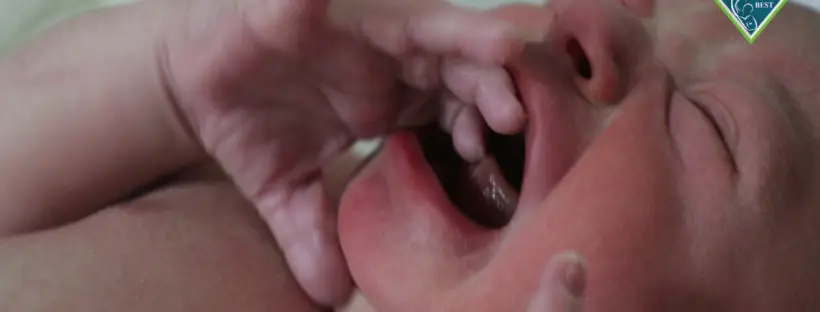John and Kristen are both surgical residents who recently had their first child. This is their story.
By John and Kristen Waters
Let me start by saying we are one of the lucky ones. Our first-born was born at term on July 25th, 2019 at 9:43 p.m., a healthy 7 lb, and 10oz. My wife – a general surgery resident – was planning on beginning to breastfeed right after birth. My wife had undergone a bilateral breast reduction about 15 years ago, so issues with breastfeeding were on our radar. Immediately after birth, we were taken from the delivery room to the postpartum unit, where at 2 a.m. my wife and I were given a pile of paperwork and instructions on breastfeeding practices. All the while both of us were seeing double from the long day and night of laboring and delivery.
Over the course of the next 12-24 hours, our baby attempted to latch and breastfeed, continuing to have issues with falling asleep while on the breast. We spoke with a lactation consultant and multiple nurses who stated that things were going fine and that everything was normal. Over this time the rate of wet diapers continued to decrease and our baby did not have a bowel movement.
As we got into our second night of life, our child began to cry hysterically.
Continue reading →




